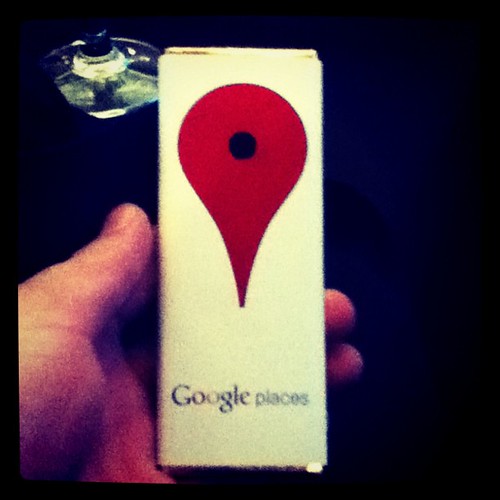Every restaurant owner dreams of running an exciting, successful restaurant, but many don’t have a clue on how to do this. Where do you start? Do you start with a killer menu, a great bar area, an atmosphere that is the envy of the other restaurants? Well, the answer is yes to all of the above. Below are a few tips in running a successful restaurant:

- Location – We’ve all heard the real estate experts say location, location, location when searching for a great home, well this is also true when scouting out a place for your new restaurant. Depending on your budget, you may be able to have a great spot in the middle of a bustling city, but if your budget is a little tighter, you can still have a successful business with a little effort. Check out the towns that are near a big city. Many of them have great atmospheres, and people love being able to walk to the “local joint.”
- Bar Area – Having a great bar area where people can mingle is key to any successful restaurant. Think about how many people sit in the bar, order a drink and wait for a dining table to become available. If the bar area is too small, this will force people to stand around and wait for their table as opposed to sitting and enjoying a drink and maybe even an appetizer in the bar. Having enough room in the bar will ensure your revenue to go up because of the extra drinks and appetizers being served.
- Live Entertainment – This is a nice touch to any establishment. Customers very likely will come to your restaurant before their reservation to sit in the bar, have a cocktail and listen to music. They may even come back to the bar area after their dinner to enjoy a nice after dinner drink and enjoy the music. Music makes people happy, and happy people spend money!
- Friendly Service – People go out to eat to enjoy themselves, whether it is for a celebration, or just a well deserved night out. By having a friendly, knowledgeable group of people working for you will make people feel at ease and relaxed, which in turn will make them want to visit your restaurant again and again. Repeat customers are important to running a successful restaurant.
- Food – We all know that having great food will bring customers in the door, but try to find your niche. Do you want to run an expensive, fine dining establishment, or a more casual restaurant? Only you can determine that, but be sure to stay within your limits. Don’t decide to open a fine dining restaurant that doesn’t have the food to back it up. You will need to hire qualified chefs that are familiar with fine dining and all that goes along with it. However, if you decide to go a more casual route, you can have fun with the menu. Try having a “signature” dish or cocktail that is different from your competitors.
Whatever kind of restaurant you decide to open, be sure to make it a nice place where people will want to frequent. Successful restaurants all have a few things in common, great food, great people and great atmosphere. Don’t underestimate the power of the consumer. After all, they are the ones you are trying to please.
About the Author: Jackie White is a professional blogger that writes on a variety of topics including Boston restaurants. She writes for Restaurants.com, a leading directory of restaurant reviews.














